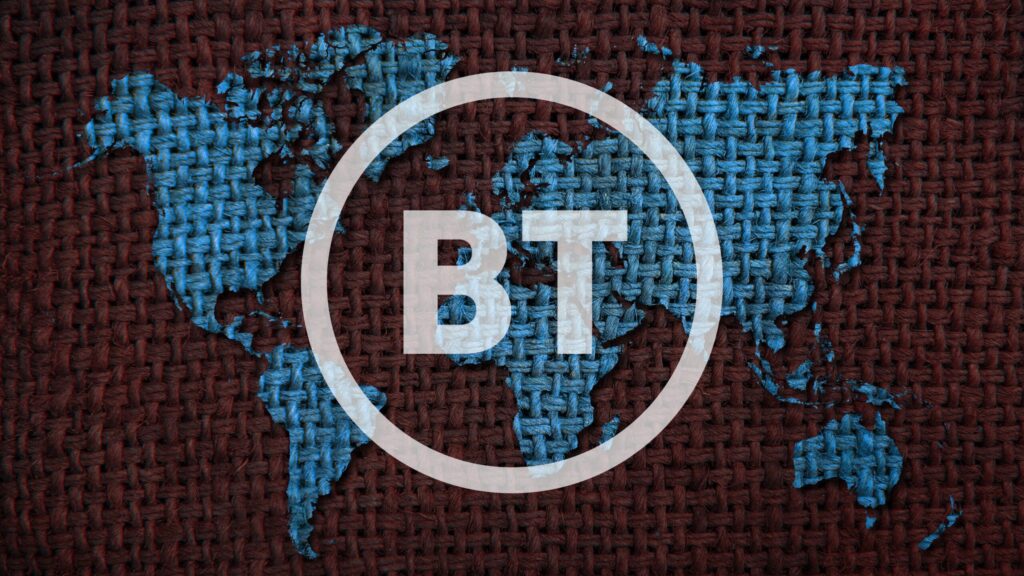BT has started to roll-out its global network-as-a-service (NaaS) offer in carrier neutral metro-edge cloud facilities (CNFs) around the world. The service, offered as Global Fabric, was announced in October; the UK-based telecoms group has since expanded a deal with US real estate investment trust Digital Realty, through which it offers neutral-host data centre facilities, to offer a bundled global edge connectivity-and-computing service.
The concept behind BT’s Global Fabric service is to stitch together more-local edge cloud and network services for global enterprises, to ‘shop’ for lower-latency compute services via local telecoms operator and data centre partners. It claims to have 630 partners for local network connectivity, and 700 partners for local data centre services. This covers the “world’s top cloud locations” – including the largest public cloud providers, private clouds, and network solutions.
Digital Realty has around 300 CNFs in 50-odd metro (city) areas in 25-ish countries on six continents. Its data-centre platform works as a digital hub, it claims, for enterprises to call on local computing resources to fire up more advanced analytics (AI etc) services. By layering BT’s global network partners into the mix, to afford closer-edge connectivity, enterprises can also keep data compliant with local data privacy regulations, and also to drain less power in data processing and transit.
The pitch is that enterprises will be able to choose more appropriate, more efficient, and more secure networking and computing solutions. When(ever it is) fully rolled out, BT reckons its Global Fabric network will use 79 percent less electricity than its current global networks – based on forecast energy consumption of 8,326 MWh/year versus 39,890 MWh/year for existing international networks. It talks about enterprises being better positioned to reduce Scope 3 carbon emissions.
Connectivity options will include a new “BT-enhanced internet service” (whatever that is), plus point-to-point Ethernet, multi-point Ethernet, and multiprotocol label switching (MPLS) to forward data traffic on the shortest path over private wide area networks. It is offering bandwidth increments of 1 Mbps up to 100 Gbps. Connectivity will be interchangeable on the same port, it said – “offering flexibility not possible on current networks”.
The product is offered as-a-service in line with scalable cloud models; it is available on a pay-as-you-use basis. BT is offering cybersecurity services on top. A statement said Global Fabric offers the “most direct coverage of hyperscaler clouds of any connectivity provider in the world — almost 50 per cent more than the nearest competitor”.
It explains: “Running on the new network ‘underlay’ will be an AI-powered digital orchestration layer. Unlike the internet, Global Fabric will be ‘deterministic’ — customers will be able to trust BT to deliver the predictable application experience they expect by selecting the optimal end-to-end paths for their applications and workloads as they move to and between multiple clouds and end users.”
Harm Joosse, global head of service provider strategy and business development at Digital Realty, said: “By integrating into Digital Realty’s global data centre platform, customers address ‘data gravity’ challenges by bringing users and clouds to the data with BT’s connectivity, controls, and policy management. BT’s innovative NaaS solution, combined with [our] orchestration platform, empowers enterprises with on-demand, personalised experiences, revolutionising the way networks are used and managed.”
Colin Bannon, chief technology officer for BT Business, said: “Businesses deploying cloud services locally benefit from proximity to customers and suppliers. For large organisations, more value can be unlocked if local data can be brought together centrally in a secure and compliant way to create new insights. With data volumes surging, CIOs need greater control of data flows. The combination of Global Fabric and Digital Realty can help customers unlock value from data by stopping local data hubs becoming digital black holes.”
